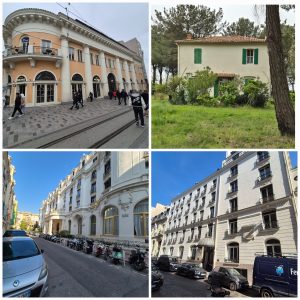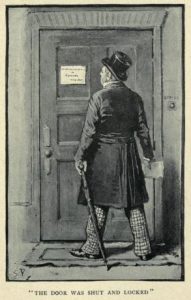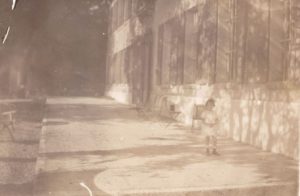Both sides of my family were deeply affected by war, strangely both were impacted in some way by the Russian Revolution.
My father’s family were German Balts. In the 13th Century, during the Northern Crusades, the pagan tribes of Latvia and Estonia were overpowered by Christian armies, the bulk of which were German, with Estonia becoming part of Denmark and Latvia a part of the Livonian State on the eastern shores of the Baltic Sea, which was named after the Livonian tribes who lived there. This prompted ethnic Germans, together with the Danes and the Swedes to settle along the Baltic coastline bringing trade and missionaries into the region. So, began the rule of the German Balts in what is now known as Latvia and Estonia. My father’s family settled in Latvia. In 1566 one of his ancestors built what became the family estate, Nurmhusen.
Over the years and into the 14th Century, Estonia and Latvia changed hands between Germany, Poland, Sweden and Russia, but the Baltic Germans retained control, at one point they even offered their allegiance to the Russian Tsar Nicholas II. Unfortunately, this meant the native Estonians and Latvians were treated like second class citizens. Naturally, this resulted in growing tension between the natives and Baltic Germans. This inequality, together with the formation of independent Baltic states at the end of WWI, and the downfall of the Russian Empire in 1917, led to the declaration of independence by the Baltic States.
Here is where it all gets a bit muddled for me. One minute the Baltic Germans are fighting together with the Latvians against the Russians, the next minute they look to Germany to help them fight against the Baltic nationalist armies, who eventually won. In the middle of this muddle, the Bolshevik government is targeting the Baltic Germans; arresting, executing and deporting them to the new Soviet Union. In 1919, in the middle of the upheaval, my grandfather fled to Germany together with his pregnant wife, his two daughters and one son. My father was born in Germany. When the Bolsheviks were defeated, the new governments of Latvia and Estonia shut down the Baltic German run organisations, repealed the noble titles, confiscated their landholdings and redistributed their land to the local farmers. My father’s family were left with such a small parcel of land, it was no longer able to provide sufficiently for them. Although they eventually moved back to Latvia, they never again lived at Nurmhusen.
Some might say the Baltic Germans had it coming to them and perhaps they did. But I don’t believe one can be held responsible for the decisions made by your ancestors 700 years previously. Could they have been better at looking after the land, should they have been better at relationships with the native peoples? No doubt. I’m not making excuses. All I can say is I saw the emptiness in my father, the loss of Nurmhusen, the exile from his homeland, forever ate at him.
So, as I continue to rewrite my manuscript, I’m researching personal stories of families like my father’s. The more I read the historical accounts, the more I want to know how other families were affected.




This Post Has 2 Comments
Wow! You certainly have a gift for writing, Sandy, which, of course, I already knew, but, you’ve got me hooked! I’m looking forward to reading more. This must be an emotional journey for you, however. Having known your father for a short time, I could see he was a complex man. Obviously, he and his family, were affected by war-torn circumstances throughout their lives.
Thank you Carol! Yes, his family were affected by more than one war and I believe he found it difficult to rise above his experiences. It is definitely an emotional journey.